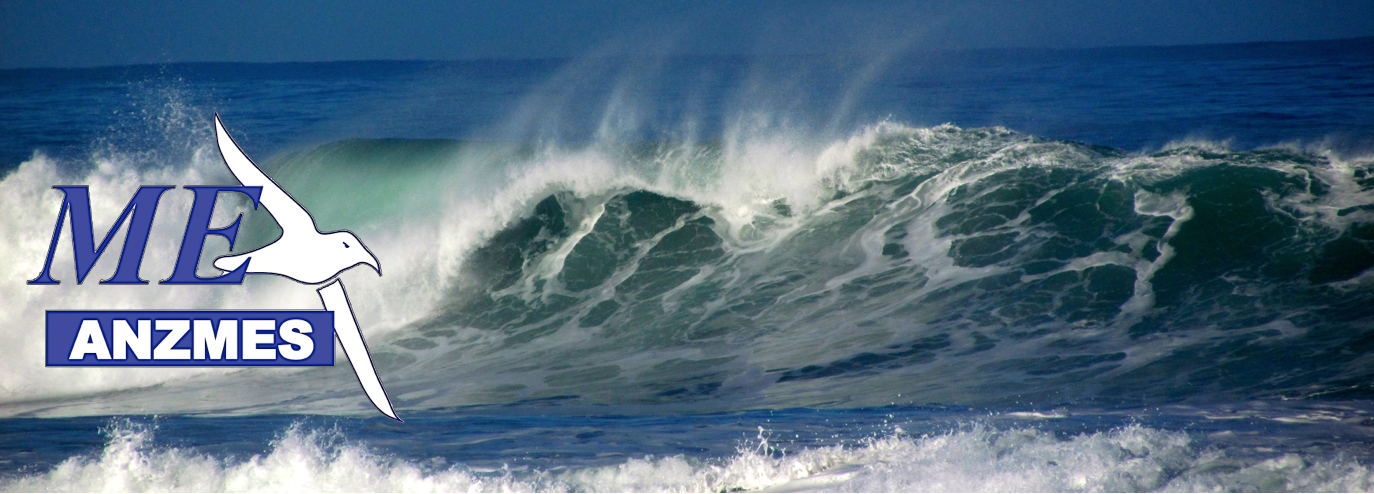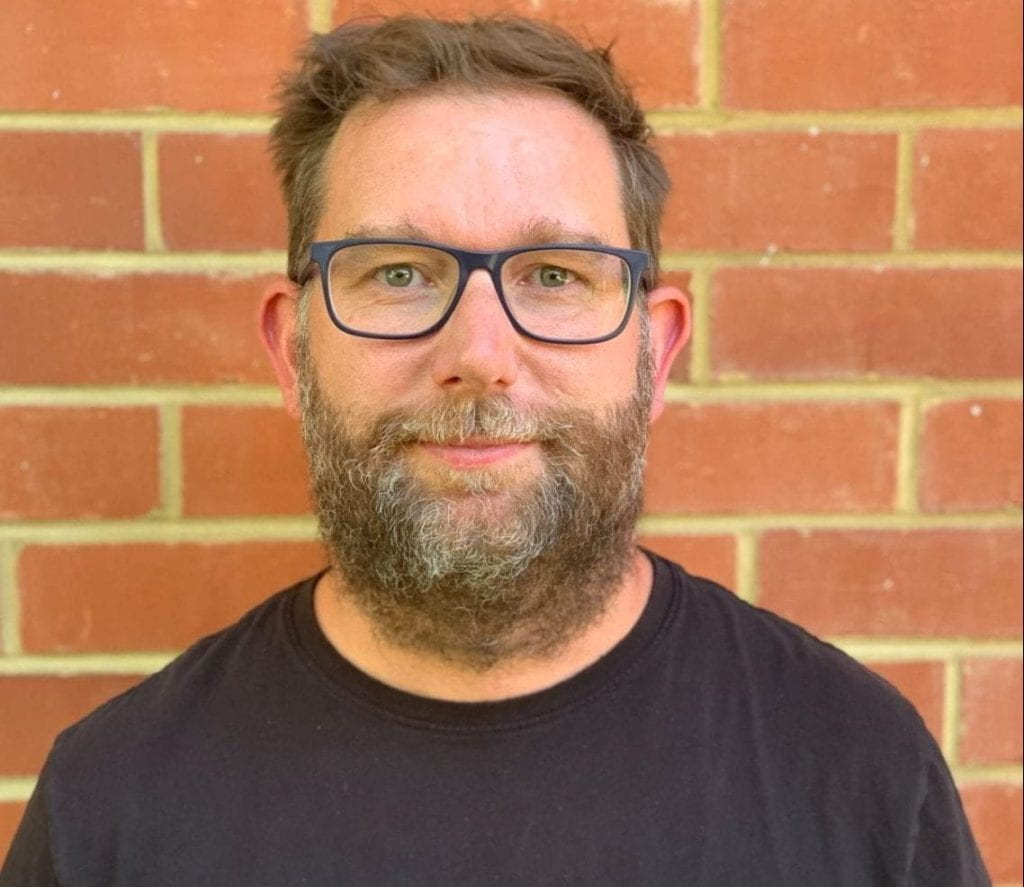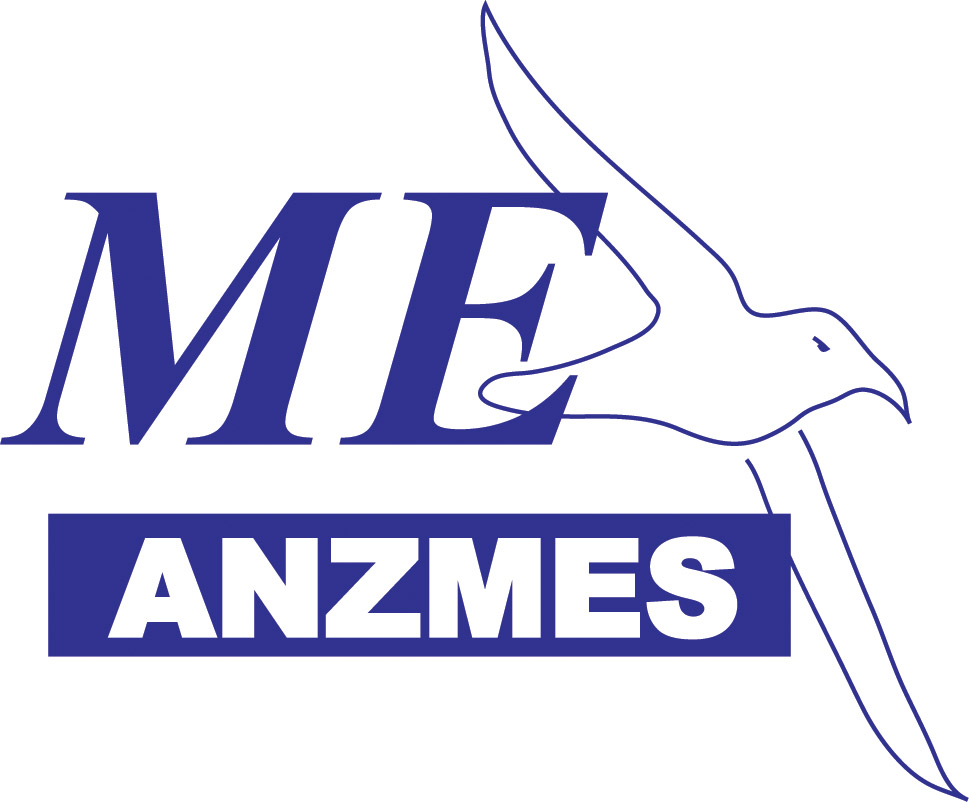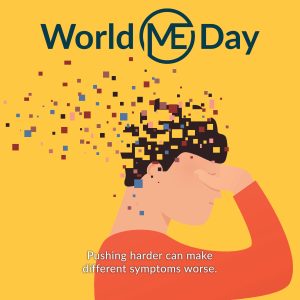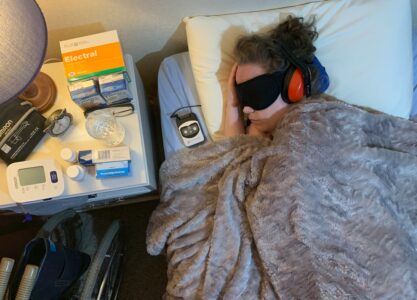As we approach World ME Day on May 12th, 2024, ANZMES joins the global community in shedding light on the pressing issues surrounding Myalgic Encephalomyelitis (ME). This significant day coincides with the 55th anniversary since the World Health Organization (WHO) officially acknowledged ME in their International Classification of Diseases, underscoring the critical need to address this global health crisis.
In recent times, the landscape of ME has undergone a transformation, with COVID-19 emerging as the most common trigger for this chronic illness. The intersection of these two health challenges has resulted in a significant increase in the number of people affected by ME. Today, we estimate that at least 55 million individuals worldwide are living with the debilitating effects of this condition. Amidst these escalating numbers, ANZMES proudly stands alongside World ME Alliance members across the globe, collectively amplifying support for initiatives that seek to address the multifaceted impact of ME on individuals and communities alike.
No Cure, No Universal Treatment
One of the harsh realities we face is that there is currently no cure for ME, nor universally effective treatments. Individuals grappling with ME often endure not only the physical toll of the illness but also the stigmas that accompany it. It is imperative that we, as a global community, come together to address these gaps in understanding, research and treatment.
Building a #GlobalVoiceForME
This World ME Day, ANZMES will be joining the call upon individuals, organizations, and countries to become a #GlobalVoiceForME. As a collective, we increase our power. By uniting our voices, we can influence the trajectory of ME research, treatment, and support.
ME knows no borders, and neither should our efforts to combat it. It is crucial that countries around the world work collaboratively to address this crisis. By fostering international cooperation, sharing research findings, and building recognition in every nation, we can pave the way to mitigate the devastating effects of ME.
Taking action for World ME Day 2024: In the coming months, ANZMES and the World ME Alliance will be announcing actions you can take to create change on May 12th, 2024. A big focus will be building relationships with health ministries of different nations, as they have the power to advocate with the World Health Organization. Your involvement will be vital to this effort, so keep your eyes peeled for more info coming soon.
Alongside this, we are developing tools for you to use, like our much-loved custom poster maker, a new film, graphics, posters, and more. We can’t wait to share these with you!
In the meantime:
- Spread the Word: Use your social media platforms to share information about ME. Let your friends, family, and followers know that World ME Day 2024 is coming on May 12th, and that you’ll be asking them to join as a #GlobalVoiceForME!
- Educate Yourself: Knowledge is a powerful tool. Learn about ME in your country through ANZMES or reach out to others online to become part of the global ME community. Your voice matters, and you can contribute to breaking down misconceptions and stigmas surrounding the illness.
As we prepare for World ME Day 2024, we hope you will stand united with ourselves and the World ME Alliance, raising our voices to be heard around the globe. By growing the #GlobalVoiceForME, we can accelerate change, fostering a future where those affected by Myalgic Encephalomyelitis find hope, understanding, and ultimately, a cure. Together, let’s turn awareness into action and transform the landscape for individuals living with ME.
